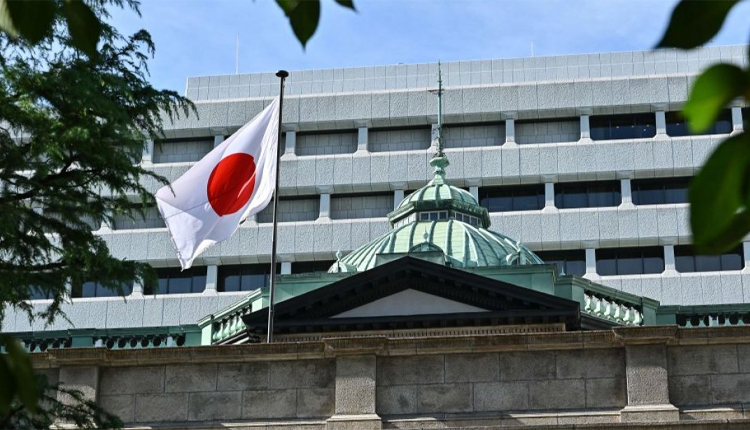Japan’s inflation is predicted to have decreased once more in January and fallen short of the central bank’s 2 per cent target for the first time in almost two years, according to a Reuters poll released on Thursday.
The Bank of Japan (BOJ) plans to remove negative interest rates in the upcoming months are complicated by the anticipated slowdown in inflation and data released last week that revealed the economy unexpectedly entered a recession at the end of the previous year.
According to the median prediction of 17 economists, the countrywide core consumer price index (CPI), which includes energy items but excludes fresh foods, increased 1.8 per cent in January compared to the same month last year before slowing for the third consecutive month.
The pace of 0.8 per cent in March 2022, the last time inflation fell short of the central bank’s target, would be the lowest inflation rate since then.
According to Takeshi Minami, chief economist at Norinchukin Research Institute, “Japan’s inflation is settling down,” and he attributed this to Tokyo’s inflation rate continued decline. The capital’s price data is a leading indicator of national trends.
The BOJ has stated that the current inflation slowdown is the result of cost-push factors losing their traction. The central bank has also stated that it would keep working towards meeting its 2 per cent inflation target in a way that is sustainable and supported by wage growth.
BOJ Governor Kazuo Ueda reiterated the bank’s belief that the conditions for ending negative interest rates were coming together on Thursday by stating that Japan’s inflation was increasing as a trend due to a tight labour market driving up wages.
In a different Reuters survey, over 80 per cent of economists predicted that the BOJ would end its negative interest rate policy in April and that spring labour negotiations would result in wage increases greater than those of 2023.
According to other poll results, analysts predicted that factory output data for January would probably show a 7.3 per cent month-over-month decline, the largest contraction since May 2022. This decline was exacerbated by production halts brought on by the Noto Peninsula earthquake on New Year’s Day and the safety scandal involving Toyota group automakers.
With a 2.3 per cent predicted increase from the previous year, retail sales are predicted to continue their upward trend. Both the unemployment rate and the employment market remain unchanged.
The CPI data will be made public by the government on February 27 at 8:30 a.m. (2330 GMT on February 26). Data on retail sales and industrial output are expected at 8:50 a.m. on February 29 (2350 GMT on February 28).
